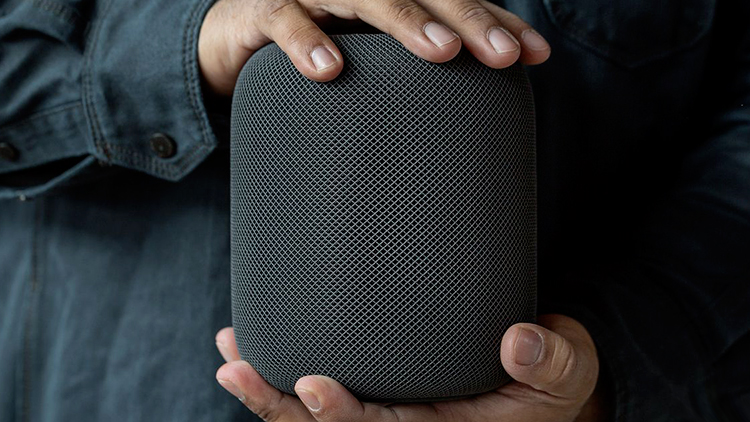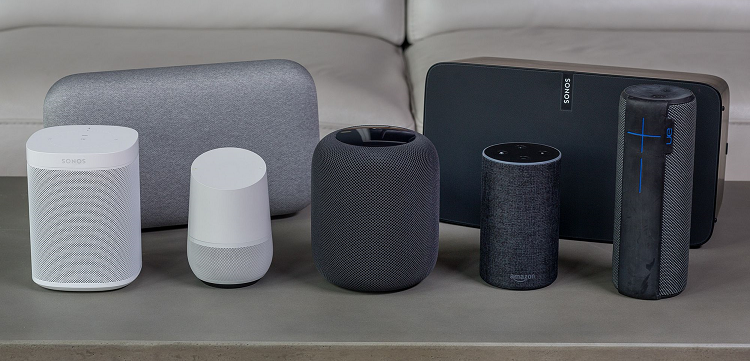Three days after the official launch of HomePod in the United States, the United Kingdom, and Australia, Apple has allowed the various newspapers to publish the reviews of its first smart speaker. There are aspects common to all the reviews, such as the fact that HomePod guarantees excellent sound quality, surpassing most devices in the same price range. However, the criticisms are not lacking.

Nilay Patel from TheVerge focused on the feeling of being trapped in the Apple ecosystem, judging the HomePod as the most “solitary/isolated” Apple device. He particularly appreciated the quality of the audio and the materials used, which together provide a sound “richer and fuller than the other proven speakers”.
However, the suggestion for HomePod is well defined: it is a product for those who live in the “walled garden” of Apple and who give absolute priority to the quality of the sound.
It’s bound to a single iPhone and a single iCloud account compared to other smart speakers, and Siri does not have the same capabilities as Alexa. Apple can try to move the mountains by itself, or it can recognize that HomePod is nothing more than a small iOS home computer and allow developers to create something for it as they have done for a long time and with great success with iPhone, iPad and Mac.
HomePod is an extraordinary new type of audio device. It does not just have superior audio quality than any other speaker ever created before, and it works really well. But unless you live completely in the walled garden of Apple and give priority to the quality of sound, I think you’d better direct your gaze to other smart speakers with good sound quality and offer services and features that fit your life.
Joanna Stern of the Wall Steet Journal has stated that, after using it for a week, HomePod is a great speaker but little sins about being smart. According to the journalist, Siri is a valid ally for requests related to HomeKit, but the virtual assistant shows her gaps with “normal” questions.
HomePod has a processor from the iPhone and it matches with your iPhone – but still can not make calls? To use it as a speakerphone, you need to start the call on iPhone and then select HomePod as the source of the audio. However, you can send a text message via HomePod via voice dictation.
There are more things that HomePod can not do, despite being tied to your iCloud account and your iPhone. He can not tell you the upcoming appointments on the calendar. It can not warn you of new emails or text messages. And it does not support important applications like Uber and Venmo.
According to TechCrunch’s Matthew Panzarino , the ability of HomePod to recognize remote voice commands, even while a piece of music is being played, is one of the speaker’s strong points, but even here it is emphasized that the controls are limited to Siri. For Panzarino the sound of HomePod is “precise”:
The sound reproduced by HomePod can be better described as accurate. It’s not as high as those of other speakers like Google Home Max or intense (and versatile) like that of Sonos Play 1, but it destroys the murky sound of less sophisticated options like Amazon Echo.



Recent Comments